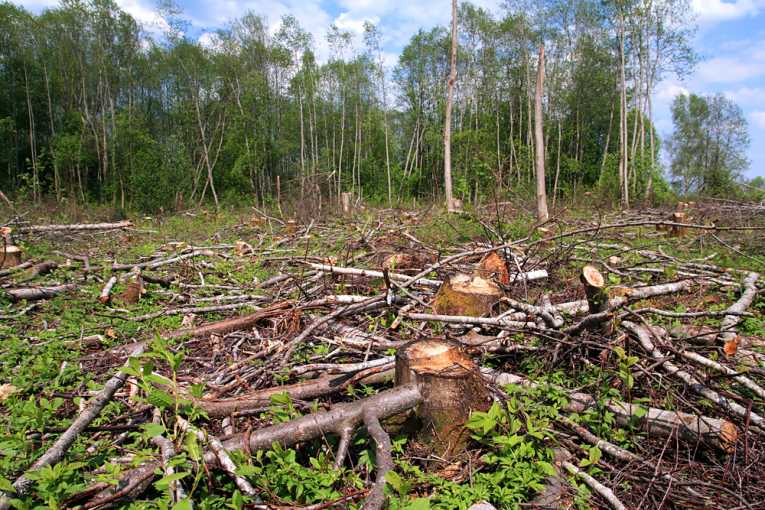Biofuel production is not without controversy; the food or fuel debate cannot be avoided in developing countries and the impact on water resources is unavoidable. The drive to find alternatives to fossil fuels has caused as many arguments as it has found solutions. One of those arguments has concerned the carbon balance involved in the production of biofuel from forests. Forests are some of the world's greatest carbon sinks, taking carbon from the air and trapping it in a stable form until burnt, and, with some new research, their credentials as a green energy source are looking increasingly poor.
It had been hoped that the production of biofuel from forests would be a carbon-neutral process as it helps to avoid natural forest fires and has replanting as a core step. Unfortunately, a comprehensive study carried out by researchers at Oregon State University, and additional contributors from German and French institutions, has shown that, even with optimal management the net gain in carbon emissions from forest-based biofuel production is at least 14%.
Tara Hudiburg, lead author of the study, compared forest management for fuel purposes to traditional forest management techniques and noted that any method used would result in more CO2 being released. Beverly Law, co-author, said that misconceptions have influenced decisions in the past, "If our ultimate goal is to reduce greenhouse gas emissions, producing bioenergy from forests will be counterproductive... ...Some of these forest management practices may also have negative impacts on soils, biodiversity and habitat. These issues have not been thought out very fully."

Biofuel warning sign via Shutterstock
The study looked at a number of different scenarios and each, compared to the status quo, lead to an increase in carbon production. Scenarios involving changes for fire control or economic development showed small increases of 2% and 6% respectively. The changes for biofuel production led to the increases of 14% under optimal conditions and taking real-world inefficiencies would involve even higher levels, estimated at 17%.
The goal of reducing greenhouse gas emissions is one that naturally calls for a reduction in fossil fuel use. The stark and negative conclusions provided by this report suggest that biofuel from forest-sourced fuel is not the route to take.










